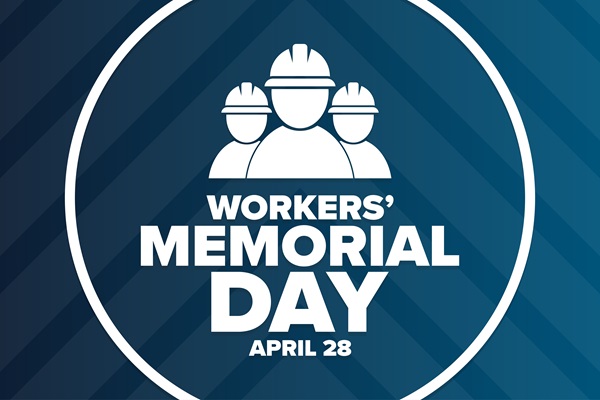
Crush injuries are a serious hazard on New York construction sites, often leading to life-altering consequences such as broken bones, internal injuries, or even amputations. For construction workers, these injuries are not only devastating but also bring significant financial and emotional burdens. Working with an experienced New York City construction accident lawyer is crucial to understanding your rights and exploring your options for compensation.
In a city where construction sites are filled with heavy machinery, elevated structures, and complex equipment, crush injuries occur more frequently than many realize. Knowing the common causes of these injuries can help workers stay safe and highlight why taking legal action with the guidance of a skilled construction accident attorney can help victims pursue the compensation they deserve to cover medical expenses, lost wages, and more.
Top Causes of Crush Injuries on NYC Construction Sites
Heavy Machinery Accidents
Construction workers, including equipment operators, are at risk of being pinned or caught between heavy machinery like excavators, forklifts, and bulldozers. If a machine is improperly secured or malfunctions, it can cause catastrophic injuries, including broken bones, crushed limbs, and severe internal trauma.
Trench Collapses and Cave-Ins
Trench collapses are particularly dangerous for excavation workers and laborers. When a trench wall collapses, it can trap workers under heavy debris. Injuries often involve asphyxiation, broken bones, and traumatic brain injuries, with long-term effects including respiratory complications and PTSD.
Falling Objects and Struck-By Accidents
Workers such as riggers, scaffolders, and laborers are frequently exposed to falling objects, including steel beams, concrete slabs, and tools. These incidents often lead to crush injuries like skull fractures, spinal damage, and traumatic brain injuries.
Caught-In or Between Machinery
Machine operators, assemblers, and maintenance workers can become trapped in conveyor belts, presses, or compactors if safety mechanisms fail. Injuries include crushed fingers, degloving, and nerve damage, often requiring complex surgeries and rehabilitation.
Scaffolding Collapses
Workers on scaffolds or ladders face severe risks if scaffolding systems collapse due to faulty construction or overloading. Injuries from scaffold collapses include head trauma, broken bones, and spinal cord damage.
Building or Structural Collapses
Structural collapse is a constant danger on NYC job sites. If a building or part of a structure falls, it can trap workers beneath rubble. Injuries include fractures, internal bleeding, and suffocation, often leading to chronic respiratory and mobility issues.
Forklift and Vehicle Accidents
Forklifts and construction vehicles can cause crush injuries if they pin workers against solid objects or overturn. Common injuries include pelvic fractures, crushed limbs, and spinal injuries.
Improperly Stacked or Collapsing Materials
Workers can suffer crush injuries when materials like bricks, pipes, or rebar collapse due to improper stacking. Injuries range from broken bones to internal trauma, requiring emergency medical intervention and long-term care.
Legal Options for Crush Injury Victims in New York
Construction workers injured on the job may have several avenues for pursuing compensation, depending on the specifics of the incident:
- Workers’ Compensation: Workers’ compensation is a no-fault system that provides coverage for medical expenses, partial lost wages, and permanent disability. This option is available to most injured workers but doesn’t cover pain and suffering.
- Personal Injury or Third-Party Liability Claims: If a third party, such as a subcontractor or equipment manufacturer, contributed to the injury, the worker may be eligible to file a personal injury or third-party liability claim. These claims allow victims to seek compensation beyond workers’ comp, including damages for pain, suffering, and emotional distress. However, there are time limits for filing, so it’s crucial to act promptly.
Seek Legal Help from a New York Construction Accident Lawyer
Navigating the complexities of crush injury cases on NYC construction sites requires an experienced attorney. At Pasternack Tilker Ziegler Walsh Stanton & Romano LLP, our dedicated legal team has decades of experience fighting for injured construction workers in New York City. From securing workers’ compensation benefits to pursuing third-party claims, our firm works tirelessly to protect the rights of injured New Yorkers.
Contact us today for a free case evaluation to understand your rights and learn how we can help you recover the compensation you deserve. With multiple offices across New York City, we proudly serve construction workers from the Bronx, Brooklyn, Queens, and beyond.
“The insurance company tried to cheat me, but they never stood a chance, thanks to Pasternack Tilker Ziegler Walsh Stanton & Romano!” — Stevie Drgan
Prior results do not guarantee outcomes.
Attorney Advertising.











